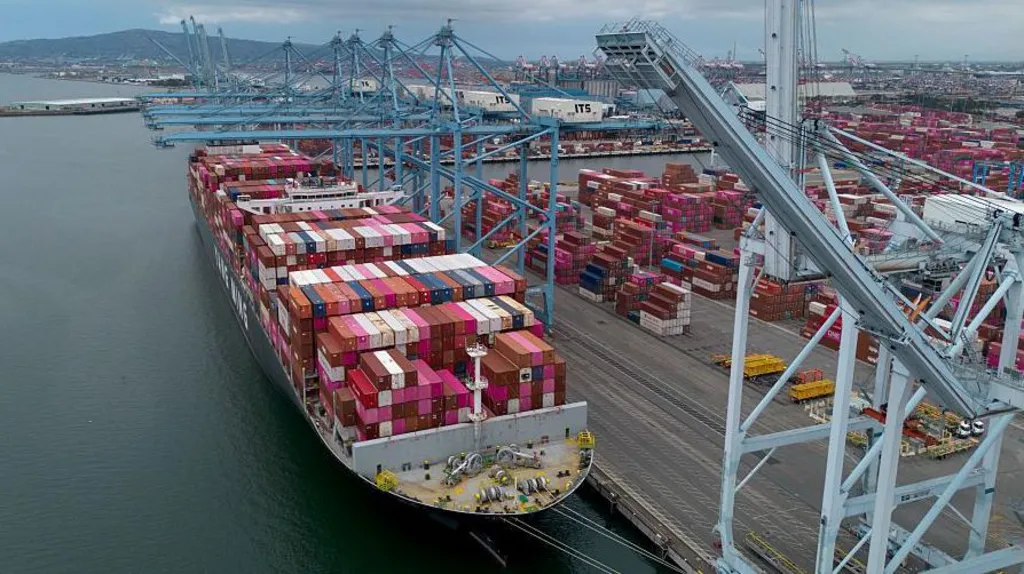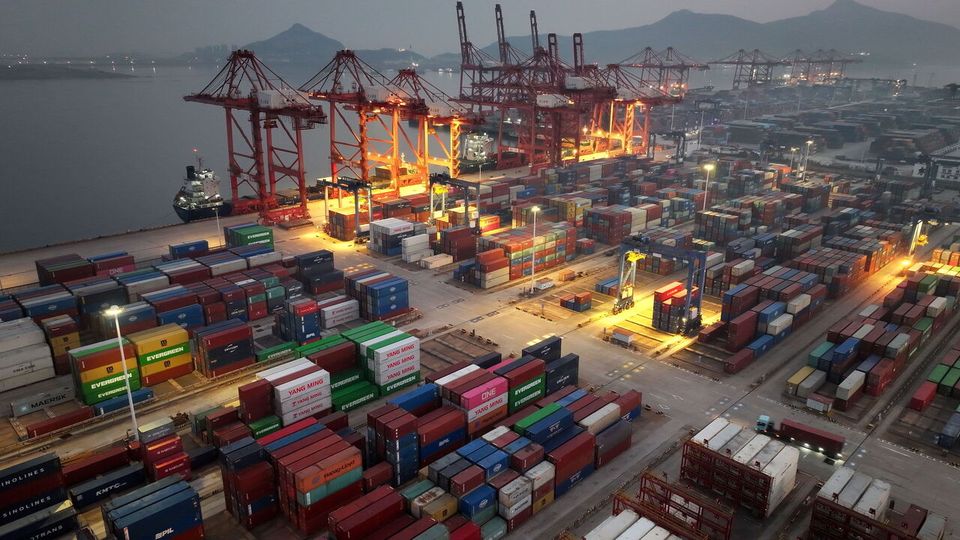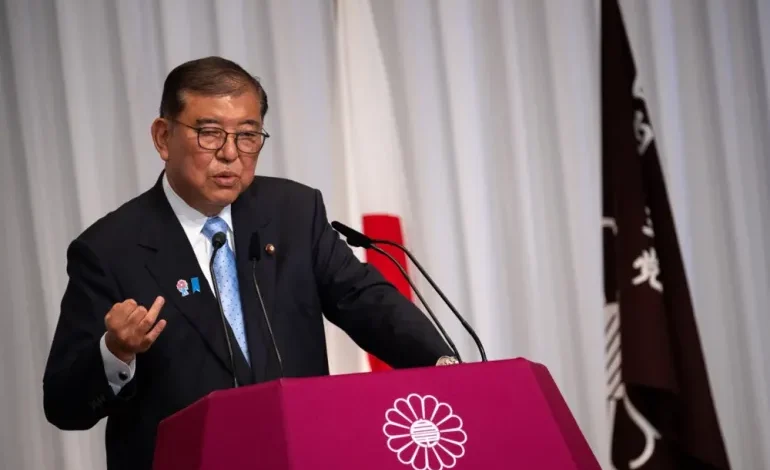Japanese Prime Minister Shigeru Ishiba says he’s staying in office, despite his ruling coalition’s loss in the upper house elections and growing speculation about his political future.
At a press conference Monday, Ishiba acknowledged his responsibility for the disappointing results but insisted he wouldn’t step down. He pointed to critical ongoing issues like trade talks with the United States and Japan’s rising consumer prices as reasons to remain in power.
“Changes in the external environment, such as the international situation, or natural disasters, cannot wait for the political situation to improve,” Ishiba told reporters. “For this reason, although I’m acutely aware of our grave responsibility for the election results, in order to not let politics become stagnant, I believe I must fulfil my responsibility as the party with the most votes and to the people of the country, while listening carefully and sincerely to the voices of the local people.”
His coalition secured 47 seats in the 248-member House of Councillors — three short of the 50 needed to maintain control. Combined with seats not up for re-election, the LDP and its junior partner Komeito still hold 122 seats, but the political setback has weakened Ishiba’s grip on power.
The loss comes amid widespread dissatisfaction over the cost of living. One of the election’s biggest surprises was the rise of the far-right Sanseito party, which gained 14 seats. Until now considered a fringe group, Sanseito capitalized on public anger over inflation and skepticism toward immigration, globalization, and establishment politics.
Party leader Sohei Kamiya — known for controversial statements and conspiracy theories — said in a post-election interview that his “Japanese First” slogan isn’t about banning foreigners but about prioritizing domestic well-being. “We’re here to push back against globalist policies that hurt Japanese people,” he said.
Despite only about 7% of voters listing immigration as a major concern, Sanseito’s hardline messaging found an audience, especially among those hit hardest by rising food and energy costs. The price of rice, a symbolic staple, has doubled in the past year, fueling public resentment.
Analysts suggest Ishiba’s weakened mandate may trigger an internal struggle within the ruling party. But some believe he may hold on due to a lack of strong alternatives.










The latest news in your social feeds
Subscribe to our social media platforms to stay tuned